Be Informed
Choose a topic to learn more about it, or explore the featured resources below.
-

How to Help Kids Say No to Peer Pressure
Peer pressure is a leading risk factor for underage drinking and other drug use, so it’s important that kids be equipped with information and ways to say“no.”
-
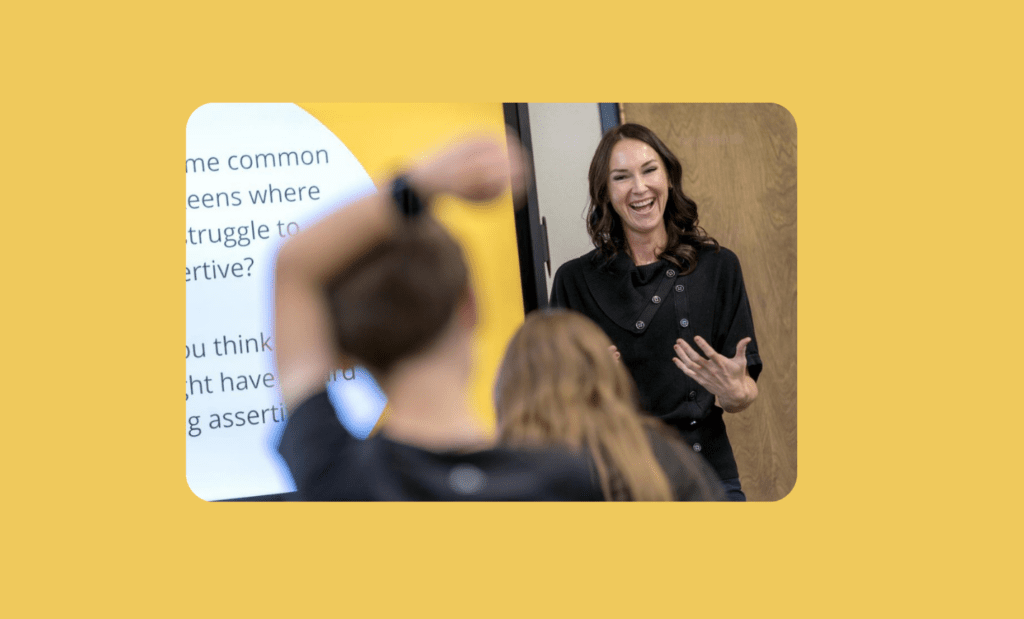
How Linn County Brings an Evidence-Based Program into Classrooms
Most Oregon kids don’t get science-backed drug prevention Source: The Lund Report/Oregon Public Broadcasting
-
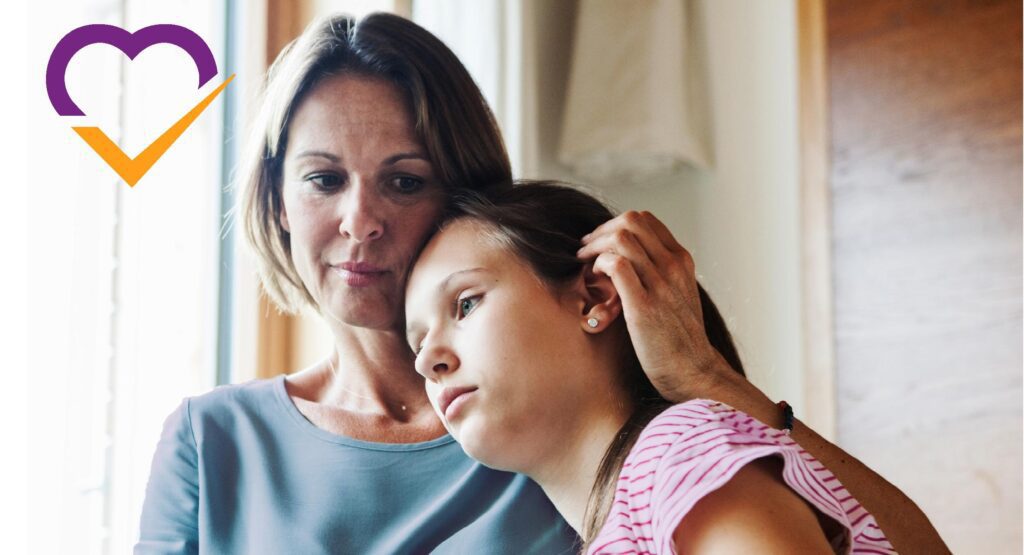
Alcohol: What families need to know to help protect young people
As parents and caregivers, we want to do all that we can to protect our children. In this guide, Partnership to End Addiction breaks down the risks of youth drinking, why it appeals to youth and what you can do to protect your child from its harms. Source: Partnership to End Addiction
-

Make a Difference – Talk to your child about alcohol
For young people, alcohol is the drug of choice. In fact, alcohol is used by more young people than tobacco or illicit drugs. Source: National Institute on Alcohol Abuse and Alcoholism
-
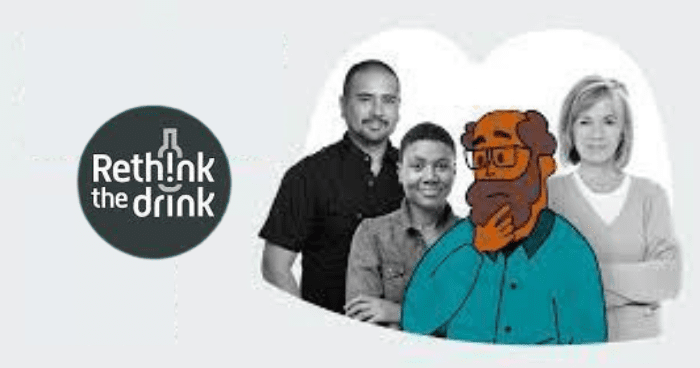
Rethink the Drink
People in Oregon need a new way to think about alcohol. Source: Rethink the Drink Initiative, Oregon Health Authority Public Health Division
-

Unmasking the Dangers of Fake Pills
Ever wonder what makes counterfeit pills containing fentanyl so dangerous? Watch this five-minute video from the DEA. Source: U.S. Drug Enforcement Administration Unmasking the Dangers of Fake Pills Ever wonder what makes counterfeit pills containing fentanyl so dangerous? In the five-minute video, DEA chemist Joe Bozenko clearly explains the dangers. Watch the video with youth
-

Do Linn County Youth Perceive Substance Use to Be Risky?
Almost half (48%) of Linn County 8th and 11th grade students think regular marijuana use is only slightly risky or not risky at all. Source: Oregon Student Health Survey, 2022 Do Linn County youth perceive substance use to be risky? Almost half (48%) of Linn County 8th and 11th grade students think regular marijuana use
-
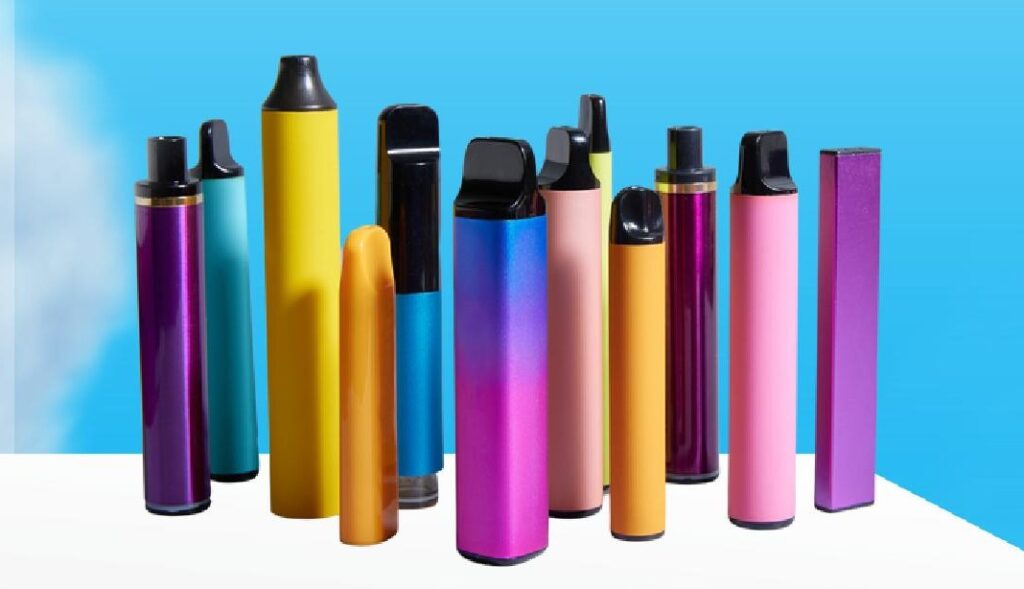
What’s Trending in E-Cigarettes?
Read CADCA’s infographic to learn about current e-cigarette trends Source: Community Anti-Drug Coalitions of America (CADCA)
-
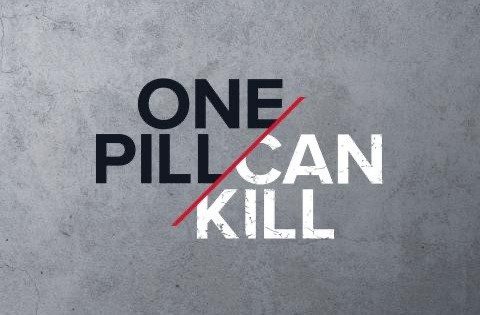
One Pill Can Kill
Visit the One Pill Can Kill website by the DEA for current information about fentanyl and counterfeit prescription drugs. The One Pill Can Kill provides parents, teachers, educators, and community organizations information and awareness about fentanyl and counterfeit prescription drugs.